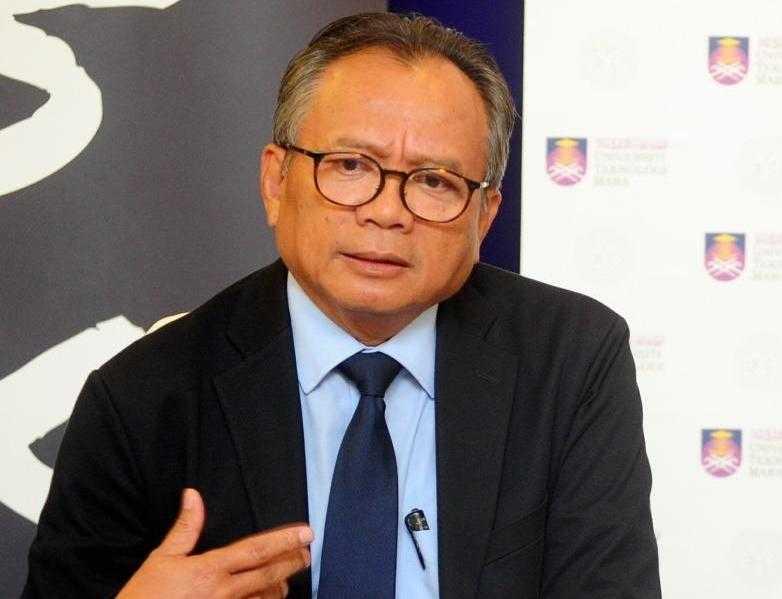Factionalism splits Suhakam as campaign to oust chairman gains pace
This comes as Rahmat Mohamad fights accusations of racial bias a year after his appointment by the previous government.
Just In
Internal bickering is threatening to split the Human Rights Commission of Malaysia (Suhakam), as a faction within the rights body steps up its campaign to oust the chairman, close to a year after his appointment by the previous administration of Ismail Sabri Yaakob.
MalaysiaNow understands that Rahmat Mohamad is fighting allegations after disappointment by several Suhakam members opposed to him that their candidate of choice was not selected for the post of managing a project backed by a lucrative European Union grant.
The development came days after a DAP MP criticised Suhakam for being "more quiet" than it used to be.
"In the past, we always saw commissioners going to the field for various activities, such as to monitor the Bersih rallies, holding open hearings for victims who complained of power abuse by enforcement officers and so on.
"But today, we rarely read Suhakam's statements and activities, and most of us do not know Suhakam's commissioners," Seputeh MP Teresa Kok told the Dewan Rakyat this week when debating Suhakam's annual report.
MalaysiaNow also understands that just last month, a petition carrying 20 names was sent to Minister in the Prime Minister's Department Azalina Said Othman, calling for Rahmat to be replaced.
"There is clearly a campaign to oust Rahmat, and it has been gathering steam after the change of government," a source familiar with the issue told MalaysiaNow.
Appointment of female officer for EU project
The issue centres on the appointment of a female officer to oversee a project that had received a RM2.5 million grant from the EU.
It is understood that the ethnic Malay woman previously served as an assistant secretary in the commission, but resigned last year citing instances of bullying and harassment from a senior Suhakam officer.
"When the vacancy to handle the EU project was advertised, she was among those who applied for the job," the source said.
A four-member interview panel shortlisted her and another candidate, an ethnic Indian man, for the job.
"But the panel was equally split, with two of them favouring the man and the other two favouring the woman. As such, a meeting attended by Suhakam officers and commissioners proposed that Rahmat, being the chairman, make the call and break the impasse," the source added.
It was said that Rahmat was more keen on the female candidate for the job, although there was no official appointment.
This was because one of those who attended the meeting, who is also part of the interview panel, opposed the idea of allowing Rahmat to make the call, insisting that the other candidate be given the job.
A complaint was subsequently made against Rahmat, with Suhakam's internal Complaint and Monitoring Group accusing him of power abuse and racial bias, among others.
In a bid to clear his name, Rahmat filed a defamation suit against Suhakam deputy secretary Shahizad Sulaiman, whom he said was behind the allegations.
Shahizad is represented by former Bersih chairman Ambiga Sreenevasan.
Rahmat came under attack by a faction in Suhakam from the start of his appointment to chair the commission in March last year.
His critics often cited his role in opposing Malaysia's ratification of the Rome Statute, a treaty that established the Netherlands-based International Criminal Court (ICC).
In 2019, Putrajaya under the then Pakatan Harapan government led by Dr Mahathir Mohamad was forced to withdraw Malaysia's ratification of the treaty following protest from the Malay rulers, who voiced concern over the jurisdiction of ICC over Malaysia's sovereignty including constitutional provisions on Malay privileges and Malay rulers.
Rahmat was involved in drafting a paper to advise the Malay rulers on the problems with Malaysia being part of the statute, whose signatories do not include countries like China, India, Indonesia, Saudi Arabia, and Turkey, while others such as the US, Egypt, Iran and Russia signed the treaty without ratifying it.
Subscribe to our newsletter
To be updated with all the latest news and analyses daily.
